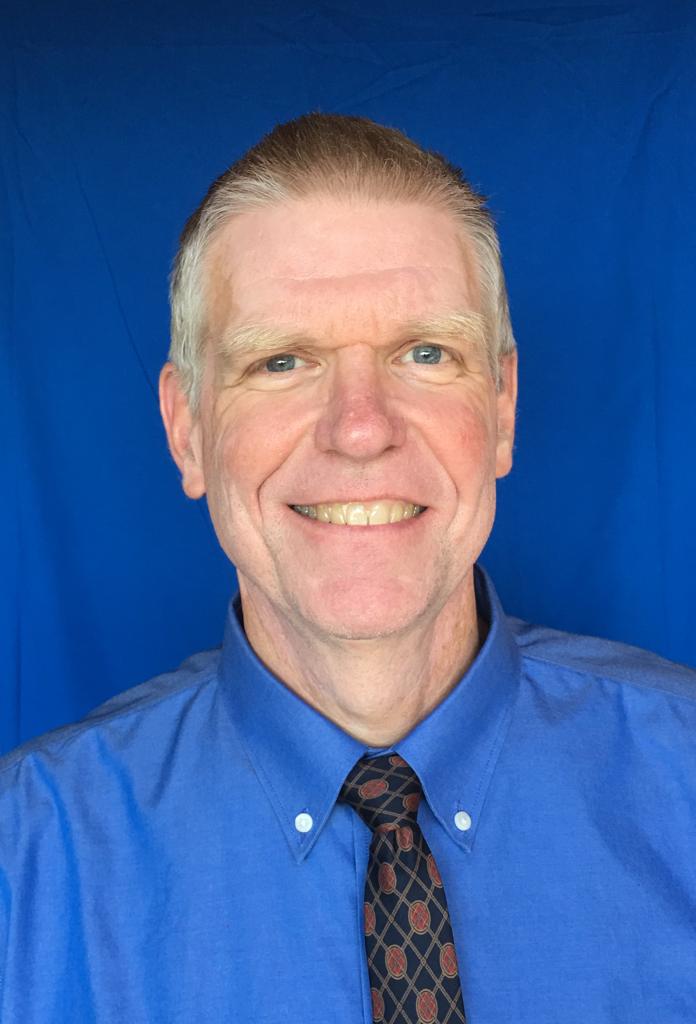Dr. Alexander von Hafften Champions Education and Training across Alaska
Alaska’s mental health challenges are among the most pressing in the nation — and so is the shortage of psychiatrists to address them. Through education and training, Alaska WWAMI is working to strengthen the state’s psychiatric workforce and expand access to care.

“Alaska’s need for a well-trained psychiatric workforce is great,” said Dr. Alexander (Lex) von Hafften, a longtime Alaska WWAMI instructor and advocate for psychiatric education. “Compared to other states, Alaska has one of the highest rates of sexual assault, substantiated child abuse and neglect, illicit drug use, suicide, and non-fatal suicide attempts requiring medical hospitalization.”
A leader in WWAMI behavioral health education, Dr. von Hafften has devoted much of his career to building Alaska’s mental health workforce. He says most psychiatric or substance use care remains understaffed, and mental health facilities are continually recruiting clinicians.
“Alaska’s mental health system is fragmented and inadequate to meet the needs of Alaskans,” he said. “Community and public health efforts must include timely access to individualized and coordinated mental health care. This requires a well-trained workforce within a well-organized health care delivery system. Psychiatrists are essential to this workforce.”
According to Dr. von Hafften, Alaska faces a shortage of at least 30 full-time psychiatrists, representing a 30 – 40 percent gap between supply and demand. Alaska WWAMI is helping to bridge that divide by expanding education and training opportunities in Alaska.
“UW and the department are excellent partners,” he said. “But we need more training opportunities for medical students (clerkships and sub-internships) and psychiatry residencies. Most health organizations providing clinical care do not have the experience, infrastructure, or psychiatrists necessary to educate, supervise, and mentor medical students or psychiatry residents.”
Dr. von Hafften said that while the number of psychiatry training opportunities is limited, the results of Alaska WWAMI’s efforts are clear. “I am grateful that former WWAMI medical students have returned to Alaska after completing psychiatric residency and in some cases subspecialty fellowships,” he said. “It is a win-win for all when Alaskans return to Alaska after completing training.”
Dr. von Hafften said Alaskans are more likely to understand the geography, cultures, health care systems and complexities of mental health care needs of Alaska.
“All things considered, they are more likely to remain in Alaska for their entire career,” he added.
He’s proud to see WWAMI graduates like Sean Costello, Carolyn Craig, Gus O’Malley, Carolyn Rader, Shane Rall, Rebekah Smith, Ryan Wallace and Kimiko (“Koko”) Bravo, return to Alaska to practice psychiatry.
“They are evolving leaders in Alaska’s mental health care systems and budding teachers and mentors for current and future WWAMI medical students and psychiatry residents,” Dr. von Hafften said.
For him, that’s what makes the work worthwhile.
“Every WWAMI student who chooses psychiatry, and every graduate who returns to Alaska, is helping build the foundation for a stronger, more resilient mental health system,” he said.
